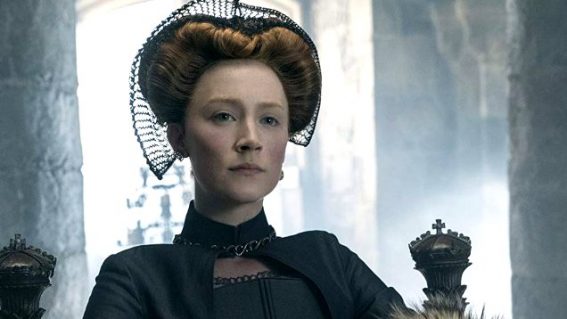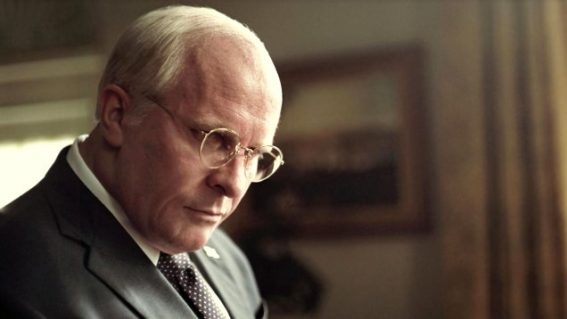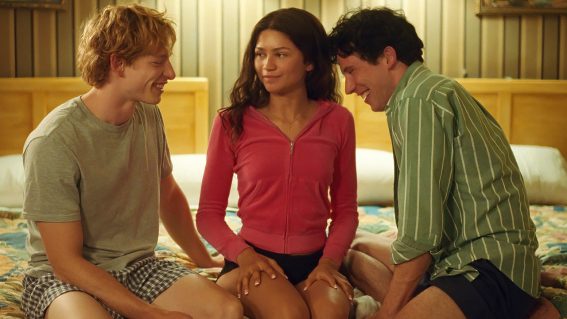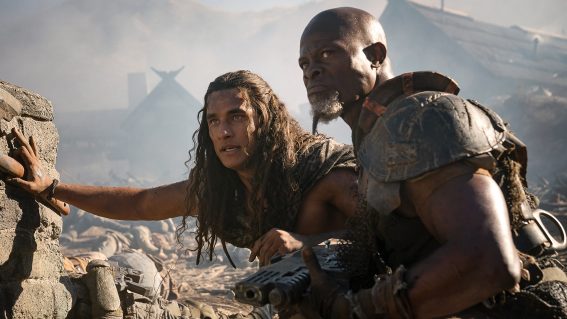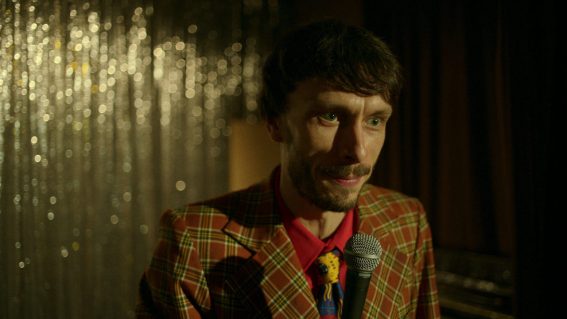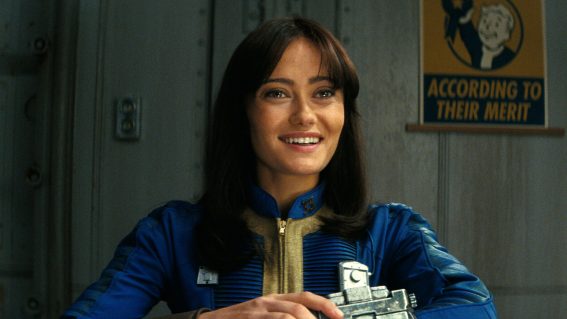Colette is a loving celebration of one the most extraordinary European women of the 20th century
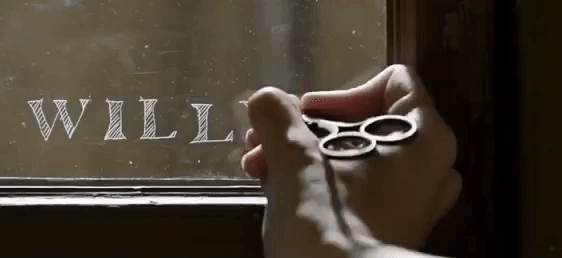
Keira Knightly shines in this biopic about artist Sidonie-Gabrielle Colette, which is interesting but at times cliché-drenched, writes Alexandra Heller-Nicholas.
Condensing the life of an individual like iconic French writer and artist Sidonie-Gabrielle Colette to a less than two-hour biopic is no easy task. With accolades including a Nobel Prize in Literature nomination and her 1944 novella Gigi adapted vividly to the screen in Vincente Minelli’s exquisite 1958 film of the same, the real Colette’s life was scandalous, audacious and dazzling. There was consequently a very real challenge for director Wash Westmoreland and his late husband, screenwriter Richard Glatzer, regarding where precisely to focus their attention in this film, a comparatively brief glimpse into the 81 years of one the most extraordinary European women of the 20th century.
Colette focuses its attention specifically on the most transformative years of her life that saw her blossom from a nature-loving country girl to the “toast of Paris” with the phenomenal commercial success of the Claudine novels that she ghost-wrote for her then-husband, Henry “Willy” Gauthier-Villars. Beginning in the wisteria-covered wonderland of rural Burgundy as Colette and Willy are courting, the film follows her to Paris, her discovery of writing (and later acting) and her slow-dawning realisation that rather than fostering her talent, Willy had in fact been exploiting her. The latter coincides with her increasing attraction to women and the establishing of a serious relationship with openly queer artist and aristocrat, Mathilde “Missy” de Morny, Marquise de Belbeuf.
These key figures are all brought memorably to life through excellent supporting performances by Dominic West as Willy and Denis Gough as Missy, allowing Keira Knightly’s title character to flourish. With the only notable weak spot being Eleanor Tomlinson’s atrocious attempt at an American accent in her role as Colette’s lover, Georgie Raoul-Duval, the film’s otherwise strong cast bring a depth and sense of empathy to character’s who could otherwise easily be rendered two-dimensional. Of these, West’s Willy has been broadly identified as one of the film’s major strengths: despite his exploitative, sleazy and often brutish behaviour, he’s also thoroughly likeable and charismatic. His true nature reveals itself to the audience as slowly as it does to do Colette herself.

But it is Knightly herself who shines the most brightly in Colette, each scene revealing an actor almost voracious in her passion for the character she so convincingly embodies on film. No stranger to period dramas with films such as Atonement, Silk, The Duchess and Anna Karenina firmly under her belt, there’s something about the figure of Colette whose ye olde punk rock feminist spirit of throwing caution and convention to the wind electrifies Knightly. Her performance comes alive here in ways we’ve rarely seen from her before.
With a story perfectly attuned to the gender-fluid pro-woman identity politics of our contemporary moment, Colette’s life and the transformations that occurred during this vital period of her personal and professional journey are cannily reframed through a dual emphasis on emotional and financial self-sufficiency and her awakening to same-sex attraction. Yet with its flocked wallpaper, frilly frocks and bejewelled turtles, much of the film is inescapably about its surfaces as much as its depths. There’s something about the practical necessity of reducing Colette’s life – even this small temporal slither of it – that risks reducing it far too overtly to a patchwork of intense, dialogue-heavy narrative signposts with what at times feels like a seemingly never-ending onslaught of time-saving, plot-propelling montage sequences.
The very nature of the biopic perhaps makes these kinds of formal ellipses necessary, but at its worst in Colette they stick out so obviously that they result at points in simply feeling rushed. Far too much of Colette is forced by the sheer economics of screen time to reduce subjects of great complexity to something much faster and pithier. In rare moments, these montages are hugely effective, executed with impressive humour, depth and speed; take, for example, Colette’s discovery that Willy has been sleeping with Raoul-Duval also. But more often than not, these montages are cliché-drenched and even tiresome; surely there must be a more original way to represent the writing of a novel than famous literary quotes delivered via voiceover over footage of a pen moving across paper, for instance.
Colette is a fictional reimagining of its title character’s life and makes no claims to be a documentary. With its ornate aesthetics and performative flourishes, filmmaker, screenwriters and actors alike clearly relish the contrived nature of the world they have built to tell their version of Colette’s much-studied life. But the film’s final summary of her later years quickly summarised in on-screen text in its concluding moments raise more questions about the ethics of the biopic than the answer; in particular, the implication that Colette quit men altogether after leaving Willy is notable.
Although she and Missy were a couple for around five years, Colette’s significance as a queer icon stems from her proud bisexuality, a fact the film casually elides here. Colette would marry two other men throughout her life, staying with her third husband until she died in 1954. This subtle misrepresentation not only risks erasing bisexuality as part of queer history more broadly, but undermines what it is that made Colette so unique and her story so compelling.


